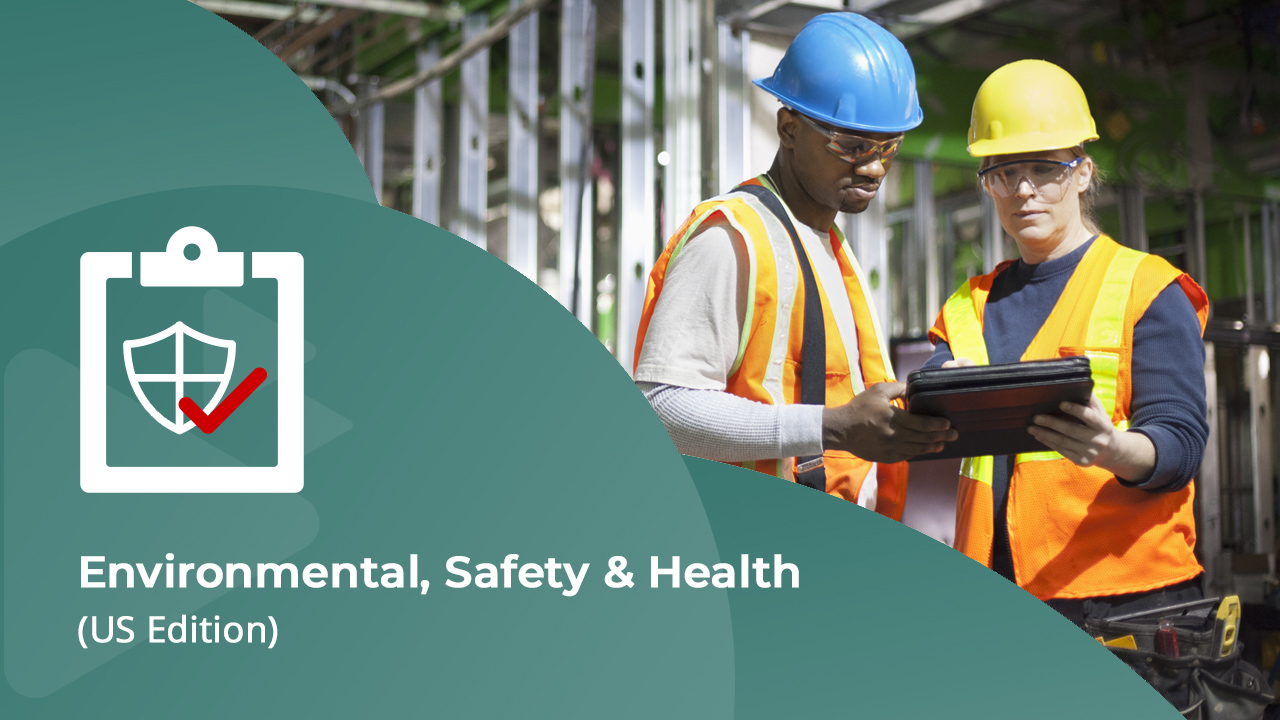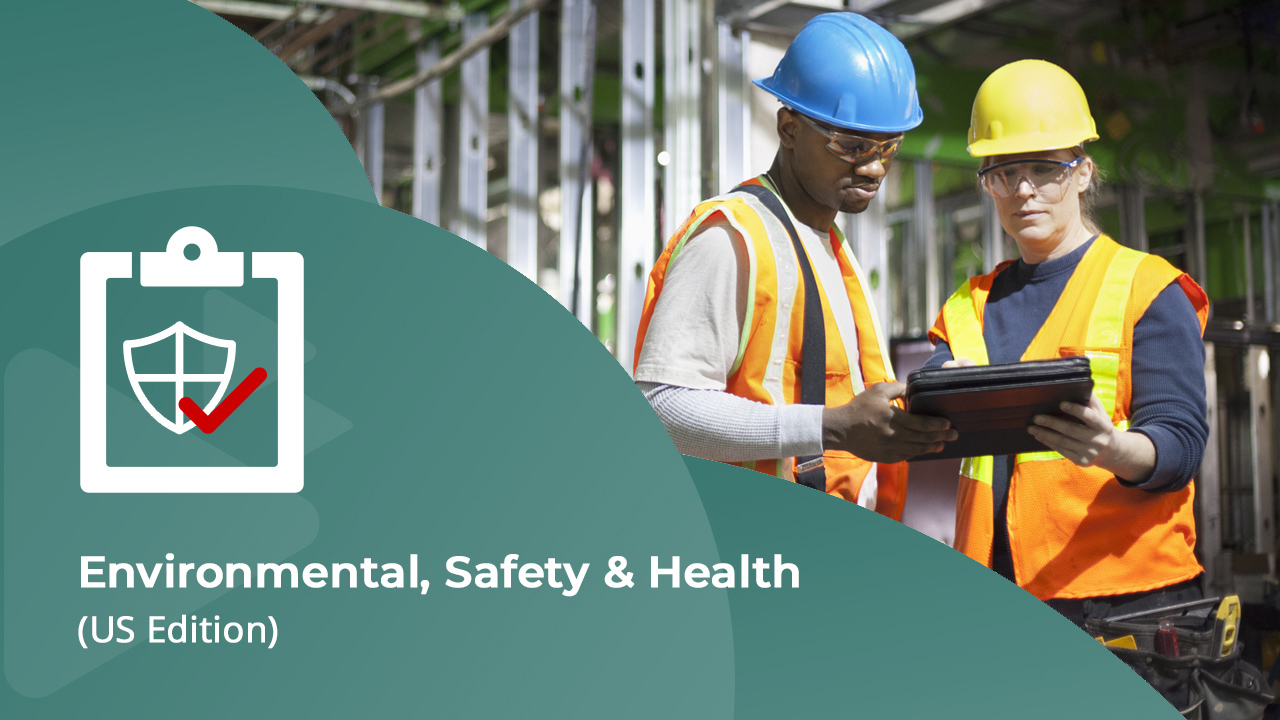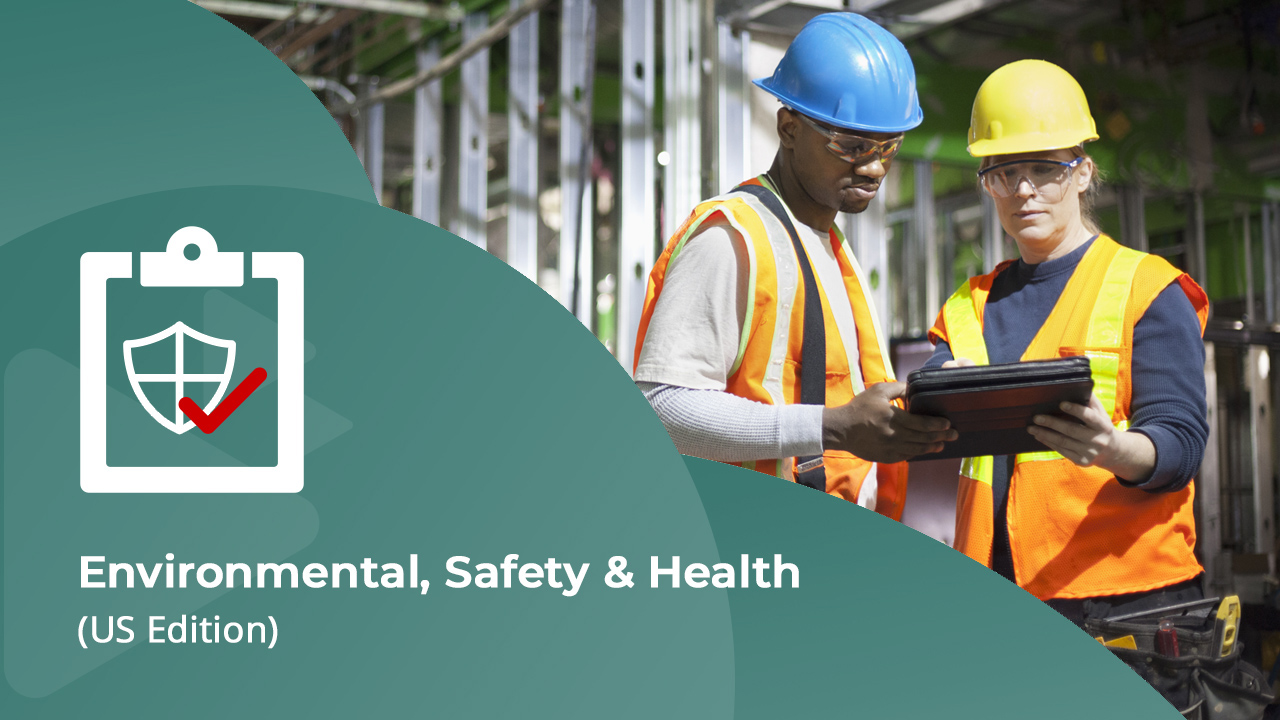Introduction to Industrial Hygiene
- 11 topics | 39m
- Up to 30 languages
- Transcripts
All employees should expect to work in as safe an environment as possible, whether they work in an office building, a factory, or a nuclear power plant. Since ancient times, medical professionals, social activists, and philosophers have observed and written about the various dangers associated with the work people do. In modern times, governments and industry professionals have stepped up and taken responsibility for creating legislation that protects workers from various types of hazards. The field of study that has emerged out of the need to create safe and healthy work environments is called industrial hygiene. All employees should be aware of the hazards they face, as well as steps they can take to minimize the risk of injury and disease. All supervisors should be aware of the regulations they must follow to ensure workers' exposure to dangerous chemicals and hazards is below legal limits. It is the role of the Occupational Safety and Health Administration (OSHA) to educate both workers and their supervisors in the limits OSHA has set for exposure to various workplace hazards. This course gives a general introduction to the work of the industrial hygienists. It also explains the types of hazards that workers may face, the health effects of such hazards, and measures that are taken to limit exposure.The course was developed and reviewed with subject matter support provided by certified subject matter experts and industry professionals. Please note, the course materials and content were current with the laws and regulations at the time of the last expert review, however, they may not reflect the most current legal developments. Nothing herein, or in the course materials, shall be construed as professional advice as to any particular situation with respect to compliance with legal statutes or requirements.
WHAT YOU WILL LEARN
-
identify the definition of industrial hygiene
-
identify the agency that enforces the principles of industrial hygiene
-
identify types and forms of exposure limits
-
recognize different routes of exposure
-
identify the main categories of hazards that people face in the workplace
-
classify examples of hazards
-
recognize situations that could cause injury or enable hazardous substances to enter the human body
-
identify types of controls used to minimize exposure to workplace hazards
-
categorize examples of controls used to minimize exposure to workplace hazards
IN THIS COURSE
-
Introduction to Industrial Hygiene1m
-
What is Industrial Hygiene?7m
-
Knowledge Check: What is Industrial Hygiene?2m
-
Assessing Levels of Exposure8m
-
Knowledge Check: Assessing Levels of Exposure1m
-
Ways in Which Exposure Occurs5m
-
Knowledge Check: Ways in Which Exposure Occurs1m
-
Hazards: Categories, Examples, and Situations10m
-
Knowledge Check: Hazards: Categories, Examples, and Situations2m
-
Controlling Workplace Hazards4m
-
Knowledge Check: Controlling Workplace Hazards2m
YOU MIGHT ALSO LIKE
COMPLIANCE-COURSE
Ladder Safety Impact: Safe Work Practices
COMPLIANCE-COURSE
Electrical Safety Impact: Common Hazards
COMPLIANCE-COURSE
Spill Response and Control Impact: Boundaries When Hazards Are Present


